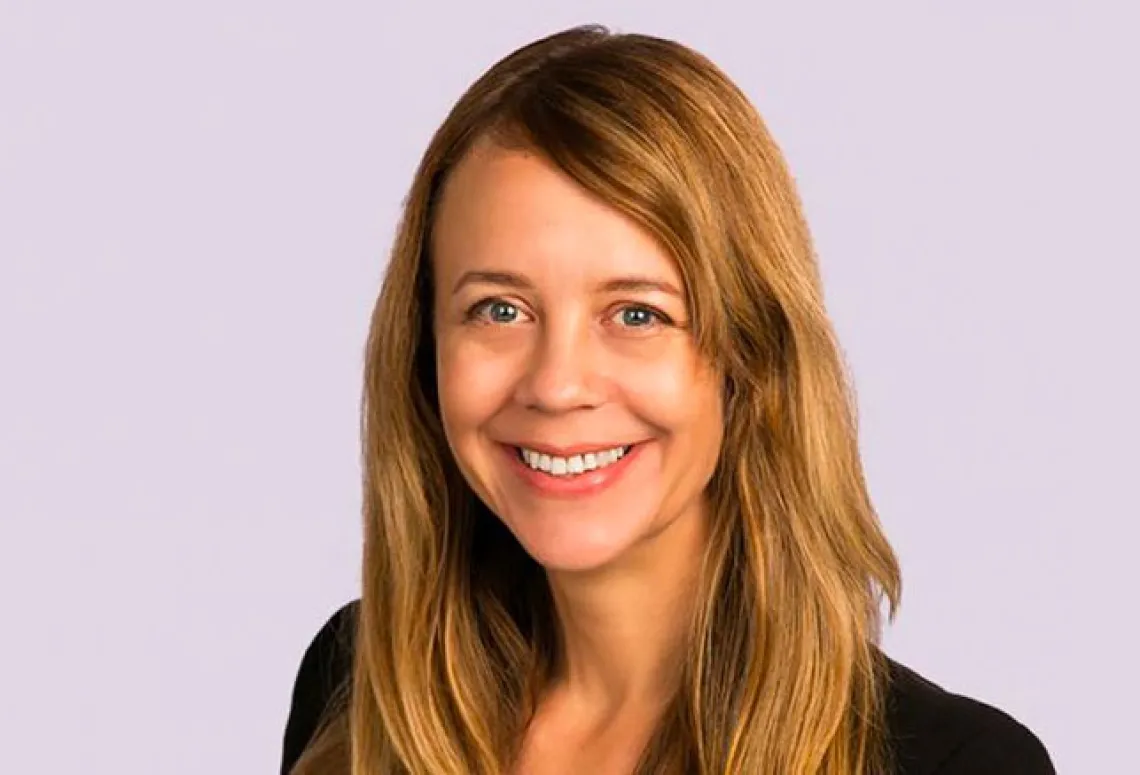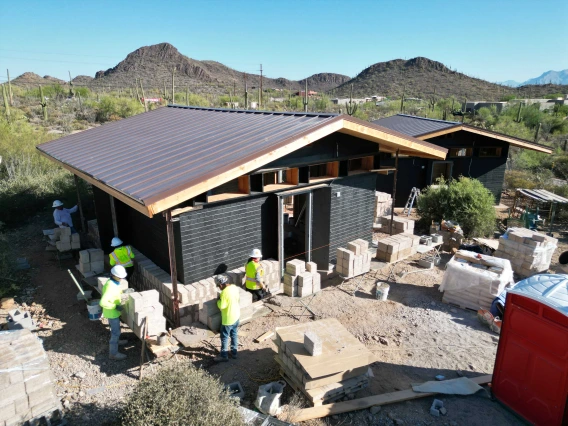Architecture Professor Aletheia Ida Awarded Public and Private Research Grants

Aletheia Ida, Associate Professor of Architecture.
Aletheia Ida, assistant professor of architecture in the College of Architecture, Planning and Landscape Architecture at the University of Arizona, has been awarded two funding grants for her research on experimental materials and water interactions for building materials.
Ida received a 2020 research funding award with Tucson Water to address building-integrated sensing for premise plumbing. The work will integrate emerging materials for premise plumbing, in situ real-time sensing techniques and effects of geometries and flow rates on water quality. The experimental research results will inform the development of a decision support tool for right-sizing premise plumbing, configurations and material selections.
She also received a research funding award with Microsoft Datacenter Engineering for the full-scale prototype development of an adaptive multifunctional windcatcher for building-integrated cooling and water collection processes. The WATeRVASE (Wind-catching Adaptive Technology for a Roof-integrated Ventilation Aperture System and Evaporative-cooling) prototype will be installed on the CAPLA East building roof during the spring 2020 semester, with ongoing data collection and testing for a one-year period. The project integrates emerging materials for passive radiative and evaporative cooling with adaptive control and will also address building-scale energy analysis.
“I have been working with experimental materials and water interactions for building technologies over the past ten years,” says Ida. “It is amazing to have the exploratory research acknowledged by both public and private entities. The financial support is a milestone to enable the implementation of full-scale prototype construction and testing.”
Ida, who joined CAPLA in 2014, is an architect and assistant professor in CAPLA’s School of Architecture. She teaches courses in design studio, research methods, environmentally adaptive systems, emerging materials, building enclosures and environmental building technology design theory and advises Master of Science in Architecture students in the area of emerging building technologies. She integrates design theory in her research for emergent environmental building technologies, incorporating aspects of material inventions with socio-environmental performance criteria through innovative digital and physical prototyping methods. She holds a provisional co-patent for Building Integrated Biopolymer Sorption Systems and a National Science Foundation EAGER award.



